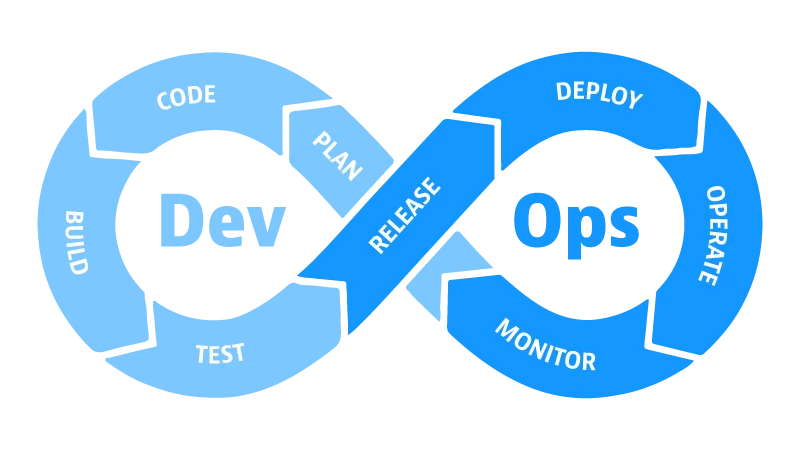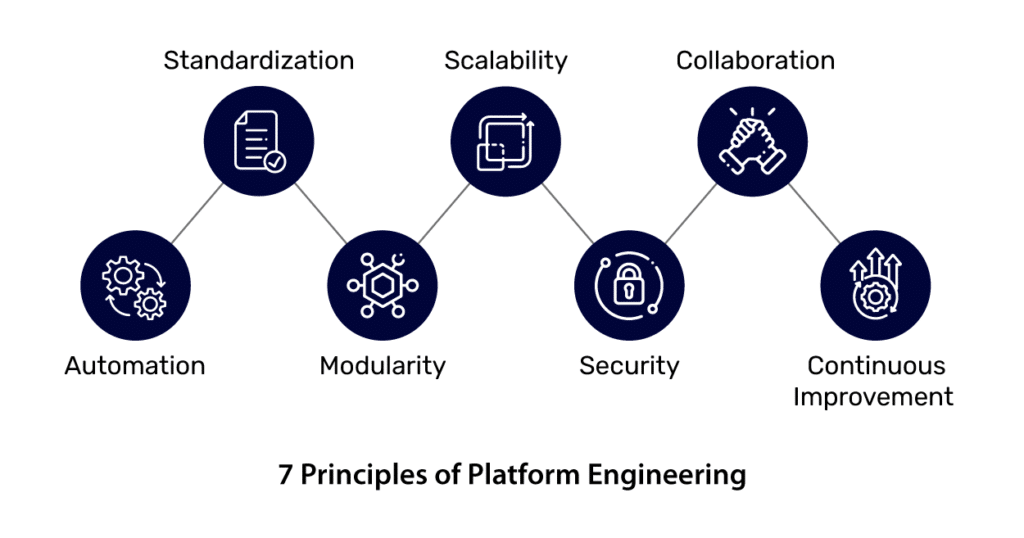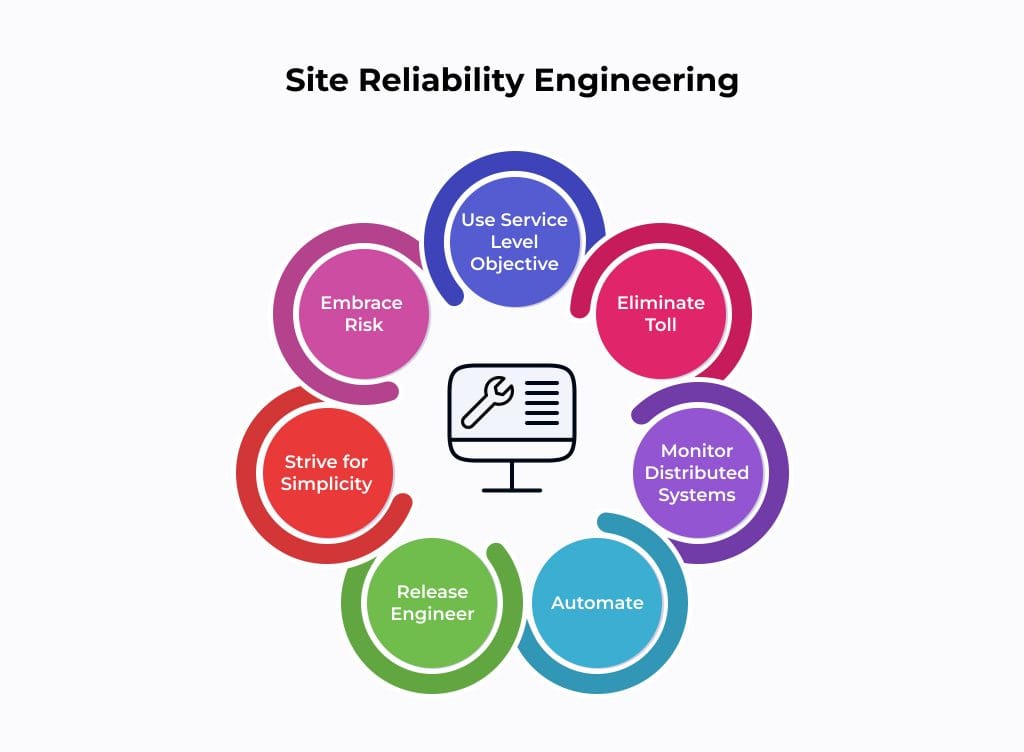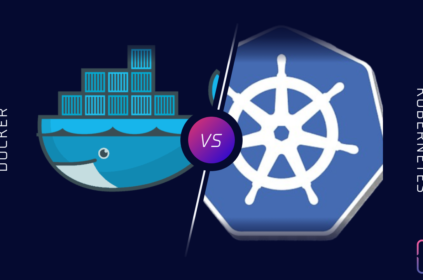DevOps, Platform Engineers, and SREs: Together, they build the foundation of efficiency and reliability in tech.
In today’s fast-paced tech landscape, understanding the distinct roles within software development and operations is crucial. Three roles—DevOps Engineer, Platform Engineer, and Site Reliability Engineer (SRE)—stand out as key players in ensuring the efficient delivery and maintenance of software. While these roles might share common tools and technologies, they have unique purposes that differentiate them. In this blog, we’ll dive deep into each of these roles, clarify their responsibilities, and help you understand their importance in modern tech environments.
What is a DevOps Engineer?
A DevOps Engineer acts as the crucial bridge between development and operations teams. Their main focus is on speeding up the software delivery process by automating workflows, managing Continuous Integration/Continuous Deployment (CI/CD) pipelines, and ensuring that code is efficiently deployed to production. This role promotes collaboration, bringing both development and operations into a unified, efficient process.
Key Responsibilities of a DevOps Engineer:
- Automation: they focus on automating repetitive tasks like deployment, testing, and infrastructure provisioning. Using tools like Jenkins, GitLab, and Docker, they streamline software development, enabling faster delivery cycles.
- CI/CD Management: Building and managing CI/CD pipelines ensures that code flows smoothly from development to production without manual intervention. This boosts development velocity and reduces downtime.
- Infrastructure as Code (IaC): DevOps Engineers rely on tools like Terraform and Ansible to automate infrastructure provisioning, ensuring environments are consistent and scalable.
- Collaboration: They work closely with both development and IT teams to ensure smooth communication and address potential bottlenecks. This collaboration is essential for maintaining high levels of efficiency across the entire development lifecycle.
Challenges
The challenges a DevOps Engineer faces often revolve around integrating new automation tools with legacy systems, managing security practices within CI/CD processes (DevSecOps), and maintaining a balance between speed and system stability.

What is a Platform Engineer?
Platform Engineers design and maintain the infrastructure that development teams use to deploy their applications. If DevOps Engineers are the glue between development and operations, Platform Engineers are the architects of the playground where applications live. They build scalable, reliable, and efficient platforms, using technologies like Kubernetes, Docker, and cloud services.
Key Responsibilities of a Platform Engineer:
- Infrastructure Design: they architect and manage the infrastructure that powers applications. They ensure that compute, storage, and networking resources are efficient, scalable, and cost-effective.
- Cloud Management: Working with cloud environments like AWS, GCP, or Azure, Platform Engineers design and optimize infrastructure for scale and performance. They ensure that the platform can support growing applications while maintaining cost efficiency.
- Platform Automation: Like DevOps Engineers, Platform Engineers automate processes but focus on platform-level automation. They might create self-service platforms for developers to deploy applications easily, reducing the need for manual interventions.
- Collaboration: They work closely with DevOps teams to ensure that the platform aligns with CI/CD practices and meets the organization’s needs.
Challenges
Managing multi-cloud environments, ensuring platform security, and adopting cutting-edge technologies while avoiding operational complexities are key challenges for Platform Engineers. They must stay ahead of the curve, continually evolving the platform to meet changing business needs.

What is an SRE (Site Reliability Engineer)?
The SRE (Site Reliability Engineer) role is all about ensuring that systems are reliable, scalable, and maintain high performance. Originating from Google, this role blends software engineering and IT operations, focusing on improving the system’s reliability through automation, monitoring, and incident response. SREs operate under the mantra that “operations should be a software problem,” meaning they seek to automate away manual tasks wherever possible.
Key Responsibilities of an SRE:
- Reliability and Performance: SREs set up Service Level Objectives (SLOs) and Service Level Indicators (SLIs) to measure system performance and reliability. They ensure that systems meet agreed-upon standards for availability and performance.
- Incident Management: When things go wrong, SREs are the first responders. They handle incidents, perform root cause analysis, and ensure that systems return to a reliable state as quickly as possible. Afterward, they work to prevent similar incidents from happening again.
- Automation: Like DevOps and Platform Engineers, SREs automate processes, but their focus is on reliability and scalability. They automate tasks like monitoring, incident response, and performance optimization.
- Capacity Planning: Ensuring that systems can handle increasing loads without performance degradation is a key responsibility. SREs analyze system metrics to forecast resource needs and plan for future growth.
Challenges
Balancing rapid feature releases with the need for system reliability is one of the primary challenges for SREs. They must ensure that the system is scalable while maintaining low incident rates and high uptime, which requires constant vigilance and proactive maintenance.

Tools Commonly Used by DevOps, Platform Engineers, and SREs
Even though DevOps Engineers, Platform Engineers, and SREs serve different purposes, they often work with similar tools:
- Docker: Used to package applications into containers, ensuring consistency across development, testing, and production environments.
- Kubernetes: This orchestration tool is essential for managing containerized applications, providing scalability, automation, and deployment features.
- Terraform: An Infrastructure as Code (IaC) tool, Terraform is used by both DevOps and Platform Engineers to manage cloud infrastructure efficiently.
- Prometheus: A monitoring tool primarily used by SREs to track system performance and reliability. It collects metrics in real-time, helping teams identify and resolve potential issues.
Collaboration and Integration Across Roles
Although these roles have distinct responsibilities, their collaboration is crucial for maintaining an efficient and reliable software delivery pipeline. DevOps Engineers, Platform Engineers, and SREs often work together to ensure that development, infrastructure, and reliability goals are met in harmony.
- Shared Goals: All three roles aim to optimize the software development lifecycle and ensure system reliability. By collaborating, they can streamline processes and enhance performance.
- Cross-Functional Teams: Many organizations benefit from creating cross-functional teams that include members from all three roles. This improves communication, reduces bottlenecks, and accelerates issue resolution.
- Continuous Learning: The tech landscape is constantly evolving, and continuous learning is a must for these roles. By sharing knowledge and best practices, teams can stay on top of the latest industry trends.
Conclusion
In summary, DevOps Engineers, Platform Engineers, and Site Reliability Engineers each have unique responsibilities but share common goals of improving software delivery and system reliability. While DevOps Engineers focus on automating workflows and bridging the gap between development and operations, Platform Engineers are responsible for creating the infrastructure that powers these systems. Meanwhile, SREs ensure that the system remains reliable, scalable, and efficient.
By understanding the distinctions between these roles, organizations can optimize their teams to leverage the strengths of each position. Whether you’re a company looking to streamline operations or an individual deciding which path to pursue, understanding the roles of DevOps Engineer, Platform Engineer, and SRE is essential in today’s tech-driven world.
MyceliumWeb is a forward-thinking digital solutions provider specializing in web development, cloud services, and cybersecurity. We empower businesses with innovative, scalable solutions that prioritize security, performance, and user experience.
Are you ready to transform your digital presence? Contact us today to learn how MyceliumWeb can elevate your business strategy!



















